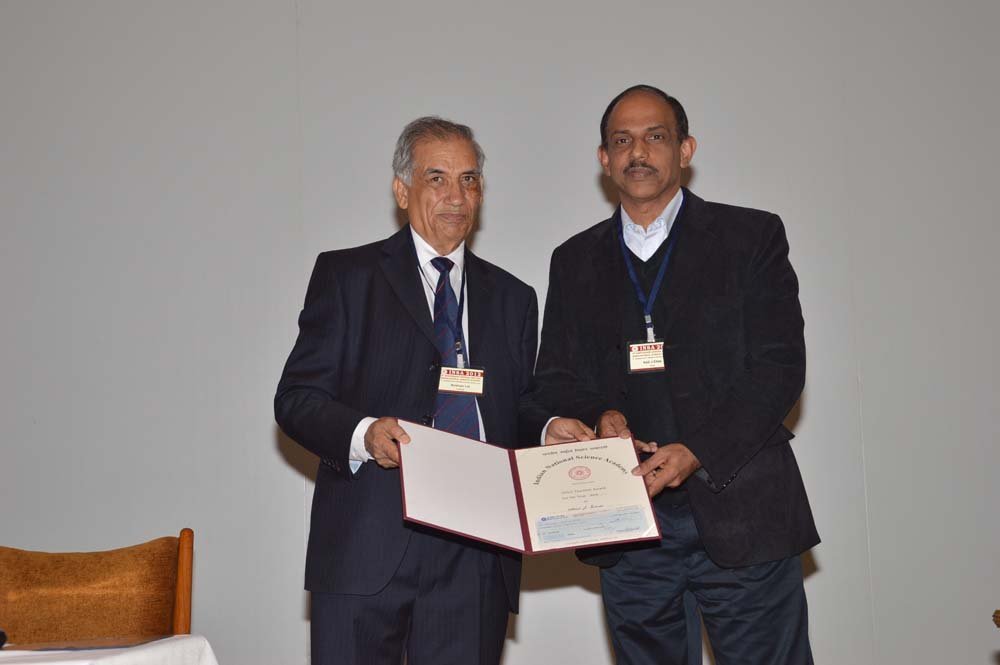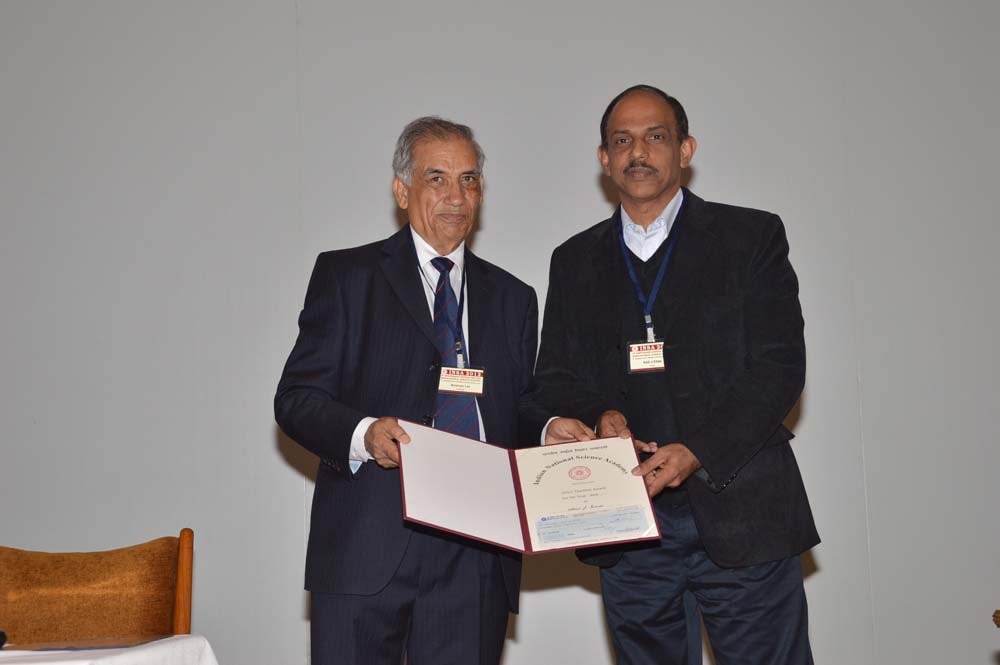
How many scientists are remembered not just as exceptional researchers but also as great teachers? Richard Feynman is one of the first names that would spring to the minds of many in this context. And for good reason. His formidable scientific legacy is matched only by his reputation as a teacher extraordinaire. A reputation that lives and grows even today, through the exhaustive Feynman Lectures on Physics, that continue to inform and inspire generations of students. David. L. Goodstein writes in his book, Feynman’s Lost Lecture, “Feynman was a truly great teacher. He prided himself on being able to devise ways to explain even the most profound ideas to beginning students. Once, I said to him, “Dick, explain to me, so that I can understand it, why spin one-half particles obey Fermi-Dirac statistics.” Sizing up his audience perfectly, Feynman said, “I’ll prepare a freshman lecture on it.” But he came back a few days later to say, “I couldn’t do it. I couldn’t reduce it to the freshman level. That means we don’t really understand it.”
 A telling anecdote that holds an important lesson: scientific progress derives as much from good teachers as it does from good researchers. Teachers’ endeavours are integral to the pursuit of scientific excellence too. Their unrelenting efforts deserve our support and applause, but they often go unnoticed and unrewarded. The Teachers Award instituted by the Indian National Science Academy aims to fill this void and cheer them on. The Award for the year 2012 was conferred upon 10 teachers from across the country, honouring their vital role in informing and preparing young minds. Among them is Prof. Anil. J. Elias, who kindly consented to talk to us about his experiences as a faculty in the Chemistry Department of the Indian Institute of Technology, Delhi, and also share some of his thoughts on science education.
A telling anecdote that holds an important lesson: scientific progress derives as much from good teachers as it does from good researchers. Teachers’ endeavours are integral to the pursuit of scientific excellence too. Their unrelenting efforts deserve our support and applause, but they often go unnoticed and unrewarded. The Teachers Award instituted by the Indian National Science Academy aims to fill this void and cheer them on. The Award for the year 2012 was conferred upon 10 teachers from across the country, honouring their vital role in informing and preparing young minds. Among them is Prof. Anil. J. Elias, who kindly consented to talk to us about his experiences as a faculty in the Chemistry Department of the Indian Institute of Technology, Delhi, and also share some of his thoughts on science education.
Prof. Elias has taught practical and theoretical courses in Chemistry to engineering undergraduates and science graduates (Masters and Ph. D. students) for 20 years now. He rates his students highly and enjoys the challenge of teaching them. He also gives credit to the Indian Institutes of Technology for the flexibility they offer to teachers to fashion their courses. “This allows us a lot of scope to develop the curriculum and regularly update the course material with the latest research developments in the field,” he said.
From student feedback, he has learnt that students particularly enjoy interactive classes. His tutorial classes, where students think aloud and solve problems together, are often much appreciated and very effective in building students’ confidence. He also maintains a website where he regularly uploads new, challenging problems for students to try their hands at, in their own time. Fully realizing that technology is a powerful teaching aid, he also uses the resourceful Youtube in class, especially when teaching bio-related topics that he sometimes covers in his courses. “Video and animation give students a much easier way of understanding these concepts, and also keep their attention engaged,” he said. Two textbooks have emerged from his twenty years of teaching experience. The first is a collection of simple experiments in general chemistry that can easily be demonstrated in any undergraduate laboratory. The other is a theory textbook titled Basic Organometallic Chemistry that he developed from his lecture notes.
“It is as important to inspire and teach students as it is to do good research,” says Prof. Elias. He believes that while teaching is an inherently rewarding experience, a little recognition for a job well done could work wonders. Even though universities commission their faculty to spend equal time and effort on teaching and research, the former often takes a backseat. One of the reasons, he feels, could be that rewards favour research, be it in terms of awards, funding or even faculty evaluations that later decide promotions. “Rewarding teaching excellence is a welcome change” he said, commending INSA. He feels that it is vital for young faculty to feel that effort put into teaching will be rewarded. He also notes that unlike many other countries, there are no graduate programs that specialize in science education in India. Maybe something our universities and research institutes should think about if they haven’t already.
IISER Scientists recorded the award ceremony which held in Pune on December 24th 2012.